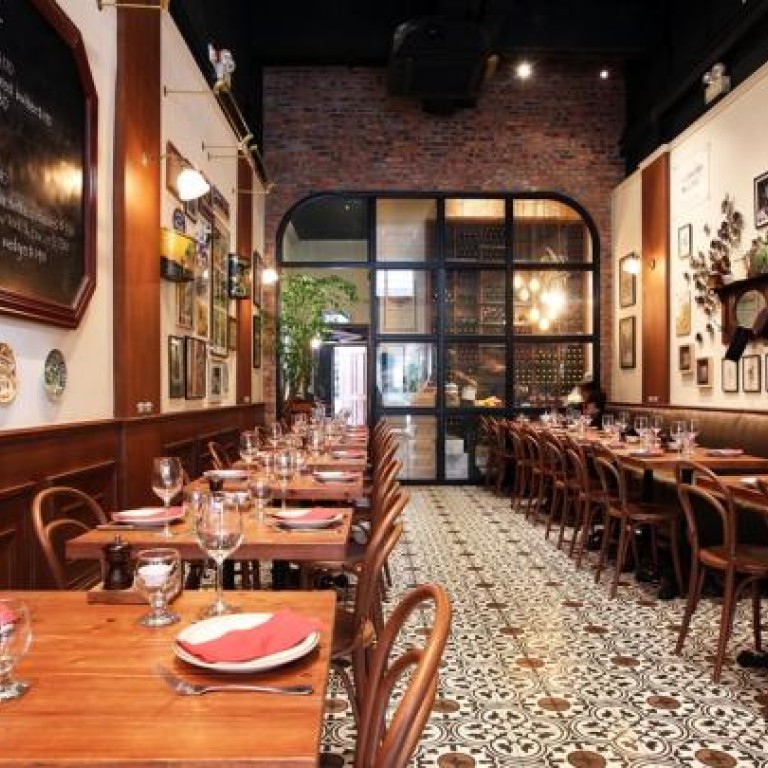
Questioning development priorities
Kennedy Town was a near-paradise to me in 2009. It had the right mixture of Western-style shops, restaurants, pubs and traditional Chinese shops.
A local dim-sum restaurant with a 20-year history was opposite a tapas restaurant; a Chinese butcher's shop with fresh pork hanging on racks was neighbour to a French cafe; next to a pub was a fascinating shop selling Chinese incense, candles and everything needed for the Ching Ming Festival.
All this reflected the most interesting and perhaps treasurable aspect of Hong Kong culture. However, the speed of change in little communities like this over the past three years has amazed me enormously.
One after another, the local, independent Chinese shops and restaurants have closed down, replaced either by modern, Western-style chain stores and restaurants, or left empty, awaiting new, higher-paying tenants.
Most of the smaller leaseholders could not afford rental increases as property values rose, and were forced to close up or move away.
This was the inevitable outcome as property prices have more than doubled over the past three years.
The dim-sum restaurants, the butcher's shop and all those interesting little curiosity shops have all gone, together with shops selling hand-made Chinese noodles and dumplings, the small dry food shop, and many others.
I can see and feel the very fabric of this precious community disappearing in front of my eyes. I wonder if this is what my fellow residents want?
No doubt, in the eyes of many economists and government officials, these changes could be considered healthy economic developments and in accordance with official policy.
However, if I ask myself whether I feel happier as a resident compared to three years ago, the answer is a resounding "no".
At the start of a new year, when the focus has been on the first policy address given by the new chief executive of Hong Kong, is this the moment for us to slow down and reflect on what is really fundamental to the values of our society and let that be our guide to future policy and development?
Should we continue to strive for endless economic growth, represented by the ever-rising curve of gross domestic product, or for contentment for the residents of this wealthy city?

